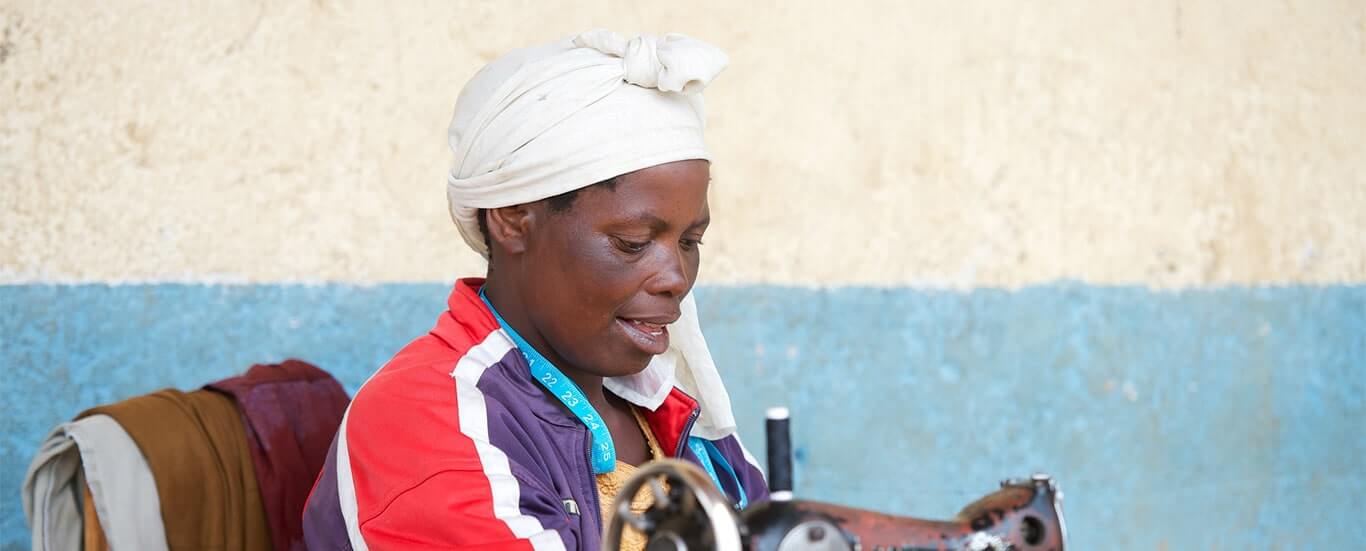30-year-old Annie Nakizibu Mirembe has crossed borders in trade to market and expand her steel welding business. “I started doing it as a hobby because I love art and design. I never went to school to acquire this skill,” the graduate of Bachelor of Library and Information Science says of breaking barriers in the male-dominated steel welding world and attests to the opening up of markets in the East African Community.
Ms. Mirembe employs six Ugandans and two Kenyans in her welding shop, based in Katwe, a Kampala suburb. As a cross border trader, Mirembe is no stranger to intra-regional trade challenges as just two weeks ago, she experienced a four day delay at the Malaba border as she shipped metal products to Kenya, “The system was down and no one explained. Such incidences make traders like us incur extra costs on accommodation and food and also delays our obligations to our clients.” She says.
As a cross border trader, Mirembe is one of the few who grabbed the opportunities provided by EAC treaty and is already celebrating success. She has export clientele in Rwanda and Kenya and plans to enter the Burundi market in the near future. The EAC Treaty states that the first stage of the integration would be the formation of a Customs Union with its primary objective being to facilitate inter and intra-regional trade in goods. “The trade system on the borders makes cross-border trade for small businesses like mine very fast and easy,” she says.
Mirembe started her business in 2008 targeting Uganda and it was not until 2011 that she started expansion into neighbouring countries after adoption of Common Market Protocol. The Protocol provides the region with a single economic space for businesses and labour to operate. “I think I am one lucky lady. I haven’t faced as many hurdles as I read about in the papers which other traders faced when crossing borders with their products. Maybe it’s because I get my documentation in order ahead of time. For example, I know it is best to have my papers in order when going to Rwanda lest I get myself in trouble,” she says. She sources steel raw materials from Uganda Roofing Ltd and imports sisal for weaving her chairs from Kenya where it is sold cheaply as compared to Uganda. She notes varying demands of an East African market, for example, the Rwandese demand chairs and cushions while the Kenyan market demands house gates, finished steel artifacts and interior designing.
Her business sales were initially supported by orders from close friends as well as marketing through social media. It is the latter avenue that opened up her business to the region as she started receiving orders from across Uganda. “I was nervous the first time I got a big order from Kigali. I just didn’t know how I would manage to get a lorry and take steel products to another country. However, I researched a bit about crossing East African borders and that is how I gained courage to venture.”















